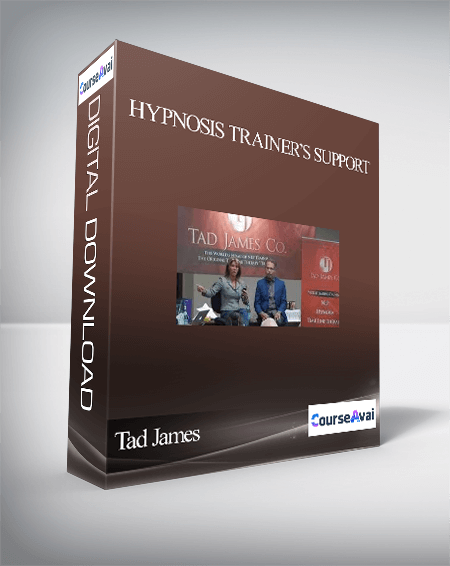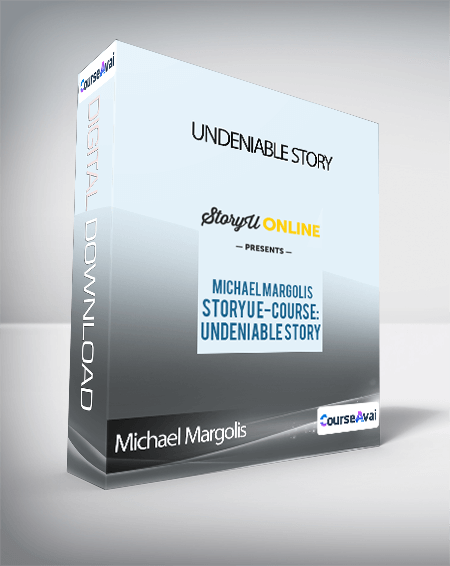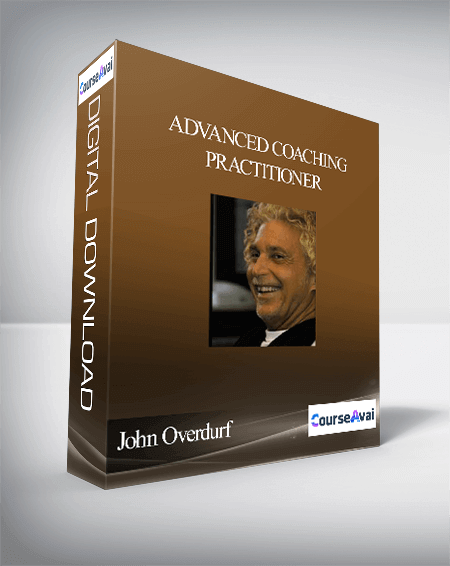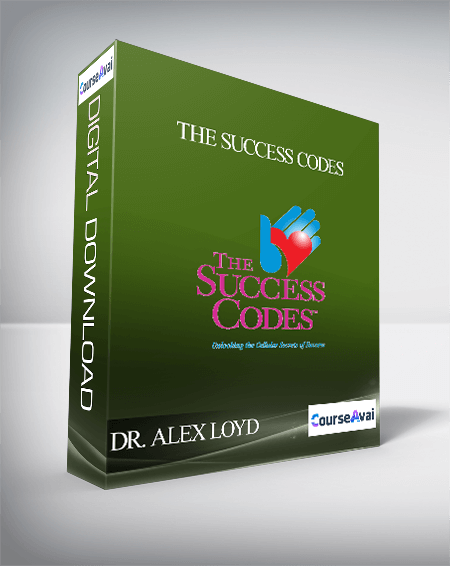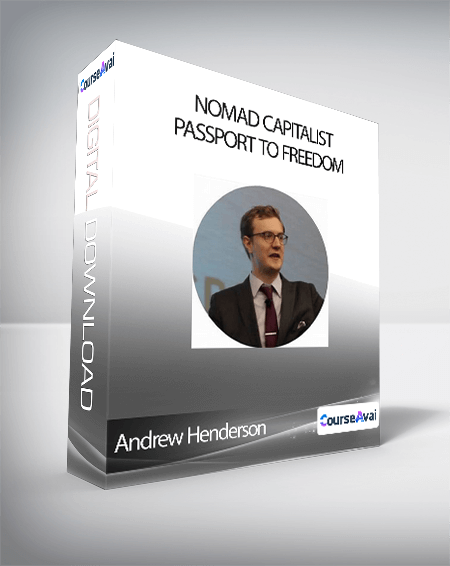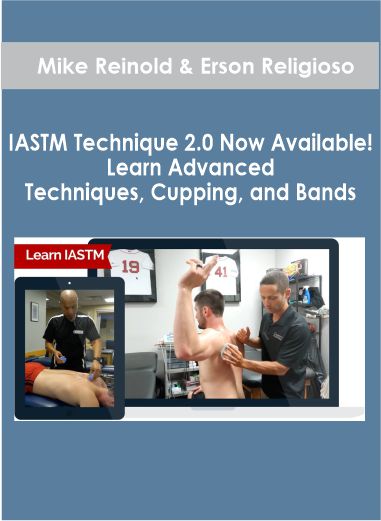Description
Unlock your potential with Steve Andreas – Self Concept & NLP, a premium course from renowned authors and industry leaders. Gain expert insights, actionable strategies, and practical tools to advance your skills and achieve success.
Join thousands of learners who trust WSOBox for the best online learning experience. Explore courses from top instructors such as Taylor Welch, Jim Camp, Marisa Peer, Scott Sonnon, and many more.
Some people are able to maintain a solid sense of themselves as having some attribute – being capable, Format File: [12 – MP3s] File size: 212.94 MB
Purchase Steve Andreas – Self Concept & NLP courses at here with PRICE $39 $16
Steve Andreas – Self Concept & NLP
Beyond Self-Esteem, the power of the self-concept in motivating and directing a person’s behavior has been recognized for years. This pattern, developed by Steve and Connirae Andreas, uses submodalities to elicit the existing structure of self-concept, and then build a new one with the same structure. In this demonstration Peter learned how to think of himself as lovable, and the wide-ranging impact of this change is demonstrated in follow-up interviews with Peter and his wife. (42 minutes, 32 seconds in length.)
In this video, Steve shows us how to use submodalities (sensory distinctions such as bright/dim; loud/quiet; hard/soft) to strengthen self-concept. Steve’s client Peter learns to think of himself as loveable; and through follow-up interviews, you’ll hear how this change has affected Peter and his wife. To get maximum benefit from this video, you’ll need prior NLP experience.
Sample Seminar Notes
The Belief Change processes are appropriate whenever there is a limiting belief, which is typically a negation. The old limiting belief has to be weakened before the new belief is installed, in order to avoid creating a conflict.
However, sometimes there is no limiting belief; the person just hasn’t built a useful generalization for themselves that is durable. In this case you can find out how they maintain a durable generalization and use that format to build a new one.
Some people are able to maintain a solid sense of themselves as having some attribute – being capable, lovable, etc. – even when events or others around them temporarily contradict these attributes. Other people are much more dependent upon others to continually reassure them about an attribute even though they demonstrate it frequently in their behavior, and they may take any denial of that attribute by a person or event very seriously, no matter how many positive examples they have experienced.
Get Steve Andreas – Self Concept & NLP download
1. Desired Attribute. Think of an attribute that is important to you as a person, but which you only know is true of you by current external verification from others. Some examples of attributes: being intelligent, worthwhile, appreciated, respected, etc. What is an attribute that you would like to know is true of you? For instance, when people tell you, “That was very kind,” do you go, “Huh?” in surprise, or discount it in some way? Test by asking the person “Are you a (kind) person?” and observe the nonverbal response.
Ecology: Select something which currently requires external conditions that get you into trouble. For example, annoying others as a consequence of continually asking them for reassurance. Please note this is different than checking externally in an appropriate and useful way for feedback.
2. Self-Concept. Think of a personality trait that you like and know is true of yourself. For example, you know you are intelligent, persistent, creative, considerate, etc. You have a way of knowing this internally, even when a specific event obviously contradicts this, or someone else disagrees with you at the moment. Test by asking “Are you an (intelligent) person?” and observe the nonverbal response.
3. Notice how you represent the trait that you like and know is true, in terms of submodalities. How do you represent that internal attribute so that your knowledge that it applies to you is durable and long-lasting? Typically there is a “summary representation,” an image, voice, or feeling that is used as a quick reference. Supporting this is a more extensive “database” of examples, usually in the same representational system. Ideally this database includes all representational systems. Although it may seem paradoxical, a generalization is strengthened by including several counter-examples (approximately 10%): times when you were not intelligent, kind. loving, etc. If the person does not include counter-examples, take time to access and include a few. This will result in the person feeling even more solid about this characteristic.
4. Map Across. Take the attribute that you want to know internally is true of you, and represent it in exactly the same way that you do the self-concept trait you like and know is true of yourself. It may take a little time to access enough representations of examples of this. Take the time to build this understanding thoroughly. After accessing the database, create the “summary representation.”
5. Future-pace and Test. Take this new representation into a context in the future where it will make a difference, and experience what it is like to know that this attribute is true of you in that context. Also ask “Are you a (loving) person?” and observe the nonverbal response. You should observe a nonverbal response that is similar to what you observed in step 2 above (and different than what you observed in step 1).
Get Steve Andreas – Self Concept & NLP download
Purchase Steve Andreas – Self Concept & NLP courses at here with PRICE $39 $16
Why Choose WSOBox for "Steve Andreas – Self Concept & NLP"?
At WSOBox, we provide a comprehensive collection of over 70,000 online courses from world-renowned authors and industry leaders. The "Steve Andreas – Self Concept & NLP" course is one of our premium offerings, carefully curated to help you excel in your personal and professional journey.
Learn from Top Authors and Industry Experts:
- Taylor Welch - Business and Marketing Expert
- Jim Camp - World-Class Negotiation Coach
- Marisa Peer - Leading Therapist and Hypnotherapist
- Scott Sonnon - TACFIT Founder and Fitness Expert
- Dan Kennedy, Brian Tracy, Grant Cardone, Tony Robbins, and more...
What Makes eSoundr Unique?
- ✔️ Access to exclusive, hard-to-find courses from famous authors.
- ✔️ Secure, seamless payment process with instant access to your course.
- ✔️ Downloadable content available for offline learning.
- ✔️ Lifetime access to all purchased courses.
About the "Steve Andreas – Self Concept & NLP" Course:
The "Steve Andreas – Self Concept & NLP" course offers step-by-step instructions, practical tools, and proven strategies to help you succeed. Learn at your own pace, anytime and anywhere, with lifetime access to the course materials.
How Will I Receive My Course?
After your successful payment, you’ll receive a direct download link to access the "Steve Andreas – Self Concept & NLP" course. You can also access it anytime through your WSOBox account.
Need Assistance? How Will I Receive My Course?
If you have any questions, feel free to contact us. Our support team is always ready to assist you in making the most out of your learning experience.
Popular Course Categories at WSOBox?
- 💻 Business & Marketing
- 🎤 Self-Development & Coaching
- 🧠 Hypnotherapy & NLP
- 💪 Health & Fitness
- 🎨 Creative Arts & Design
- 💡 Mindset & Personal Growth
Don’t miss the opportunity to enhance your skills with the best courses at WSOBox. Join our community of lifelong learners and start your journey toward success today!

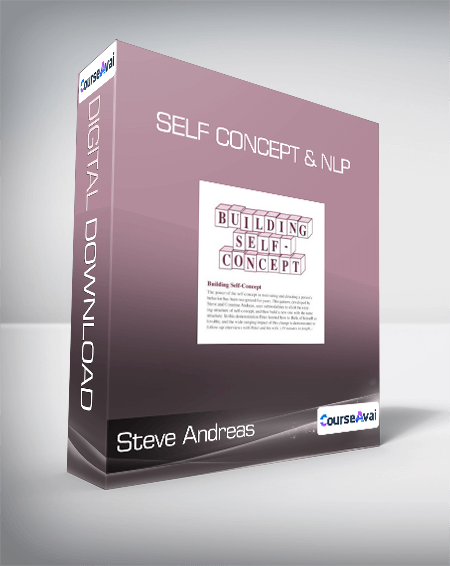
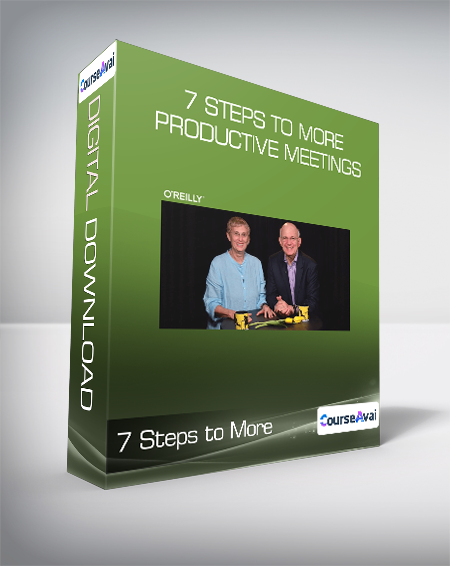
![[Audio] IC11 Short Course 31 - Artistic Therapy: A Self-Reflective Process - Leslie Nadler and Steven Geschiwer](https://wsobox.store/wp-content/uploads/2023/04/Audio-Only-IC11-Short-Course-31-Artistic-Therapy-A-Self-Reflective-Process-Leslie-Nadler-and-Steven-Geschiwer.png)

